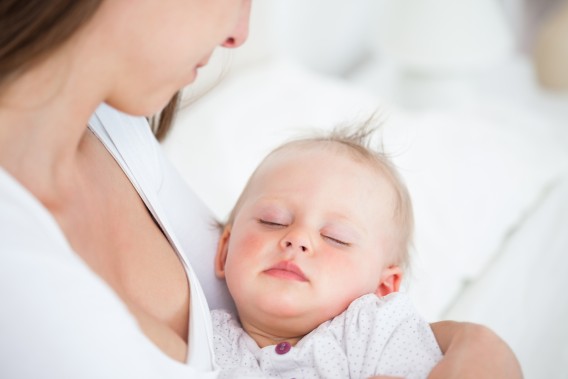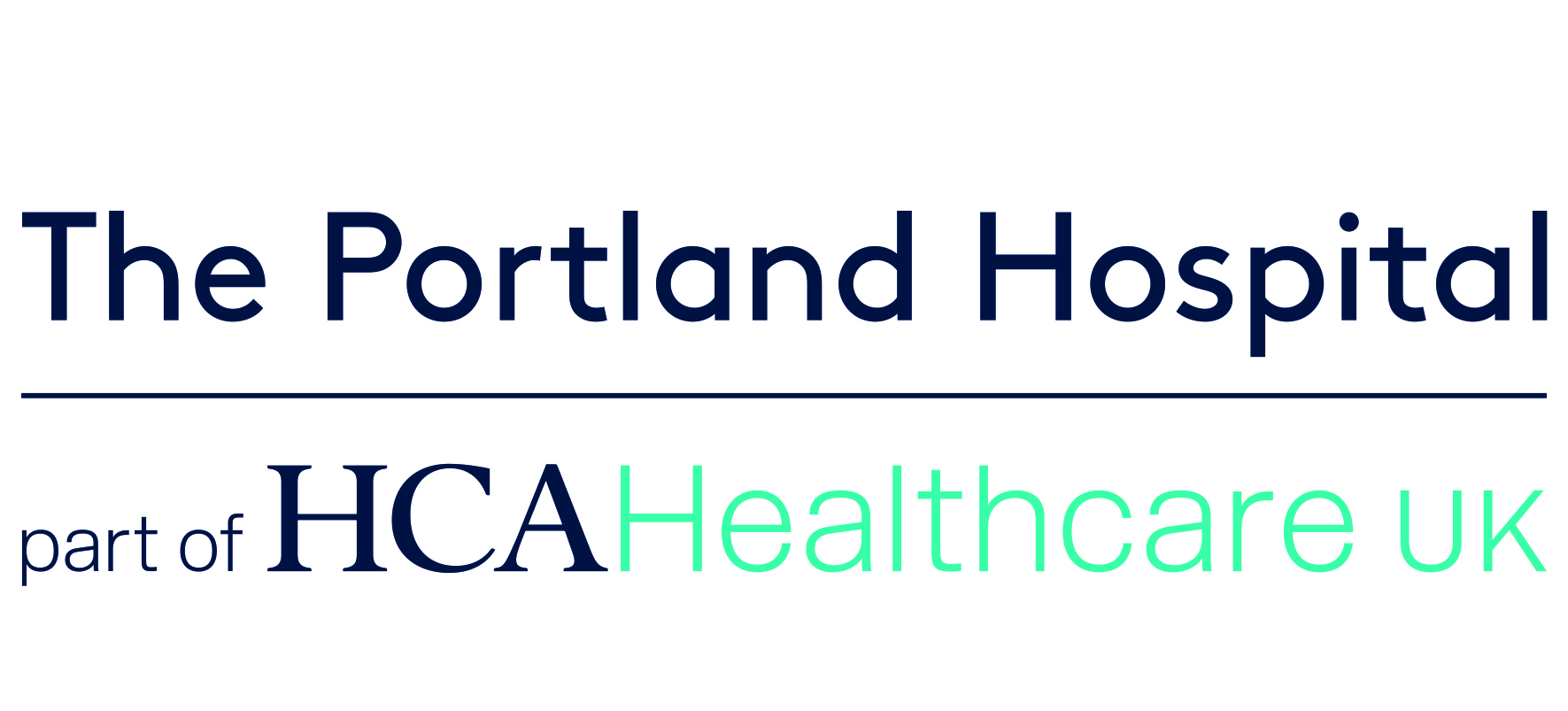
Postnatal depression is a condition with a wide range of different emotional and physical symptoms some of which include:
Prolonged feelings of low mood.For many mothers, the arrival of a new baby is a wonderfully happy time, if a bit chaotic and exhausting! Along with all of the excitement and enjoyment of a newborn, there will probably be sometimes when you’re feeling a bit overwhelmed, worried that you’re doing the right thing for your baby, and even a bit scared at the prospect of being a mother. Sometimes, there might be feelings of loss and sadness over the life you once led. This is all perfectly normal and generally short-lived once you find your groove as a mum. Yet for some mothers, feelings of worry, sadness, and despair can continue to get worse and persist, resulting in what is known as postnatal depression.
Postnatal depression can be thought of along a spectrum of severity. On the one end of the spectrum is baby blues. Within the first 10 days after giving birth, many mothers experience a short time of feeling rather emotional, and may have periods of unexplained tearfulness. Others might feel anxious about their baby’s well-being, or might feel overwhelmed by all of the new changes that they face. Others still might feel a sense of loss and sadness. Despite this, they are still able to cope fairly well with the ups and downs of adjusting to life with a new baby. Baby blues are fairly common and are experienced by 50-80% of new mums. These feelings usually appear a few days after birth but are usually gone within 10 days of the birth of their baby. Mothers will often find that they will feel better about their symptoms by talking things through with a partner, mother, or friend, and eventually, many of the symptoms will go away on their own.
Research suggests that about 15% of new mums will develop postnatal depression, but some would say that this is an underestimate of the number of women who are truly suffering. It seems that many mums are reluctant to tell others about how they are really feeling. Some mothers say they are concerned what might happen to their children if they tell their true feelings to their health visitor or GP. There is also the concern about what others will think of them if they admit to having a difficult time being a mum. It is important for all mothers to know that health professionals have the best interests of the mothers and children at heart.
The effects of postnatal depression are wide-ranging, and can have profound effects on the mother’s health, her ability to function as a mother, the family functioning as a whole, as well as on the child’s development.
In the early days of a baby’s life, the mother forms a link to the world around them. She is the one who protects and cares for the child as well as introduces the infant to experiences and sensations from the world around them. In most cases, mums are naturally ‘in tune’ with their baby: her voice will match the pitch and tone her baby makes, her gestures and facial expressions will imitate her baby’s, and her physical movements take on the same qualities as her child’s.
Through these opportunities of synchronised emotional cues and messages from their mother, infants naturally develop a connection and emotional attachments with her. When these interactions are sensitive and in-tune most of the time, the infant will come to trust and be confident in their mother’s presence and ability to help them in times of need. Over time, this helps the baby to regulate stress and to help them cope with all of the new things that they are experiencing in the world around them. Baby comes to understand mum as an emotionally secure ‘base’ that they can count on, and from which they can feel confident in exploring the wider world.
For the mothers who are experiencing postnatal depression, sometimes these emotional and physical interactions with baby are not matched or in-tune. Some professionals believe that it is through these repeated mismatched emotional experiences, the baby’s emotional development may be disrupted, and have an effect on the child’s development in the short and in the longer term.
For the child, maternal postnatal depression has been linked to difficulties in educational development, such as school readiness and verbal communication. It has also been linked to problems with behaviour, including aggressive and impulsive behaviours as well as having difficulty engaging with other children and adults.
However, there is a lot of work being done to find out ways of helping both mums and their babies to overcome the negative effects of postnatal depression. Studies have shown that the presence of another supportive parent or caregiver in the family (like a father or a grandparent), may provide a protective role by providing the child with an alternative emotionally stable and secure base. Work is also being conducted to look at ways to help mums to engage more positively with her child despite the feelings of depression. Going through the motions of ‘being more positive’ with your baby might help protect the child from the negative effects of depression, but may actually help to lift the mother’s mood as well.
There is also evidence to suggest that holding your baby close and in skin contact will provide nurture for your baby and boost oxytocin levels in both of you. Oxytocin improves wellbeing and has an anti-inflammatory response so is helpful for mums suffering from postnatal depression.
New mums needn’t suffer on their own – there is a lot of help and resources available. Parenting websites are starting to give researchers an insight into what it’s really like to be a mum. And what we’re finding out is that, behind closed doors, mums are finding it much more difficult to be a new mum than we realised. One of the biggest issues that new mothers face is that they somehow feel that it is not ok to be feeling a bit overwhelmed or a bit anxious with the arrival of a new baby. There is an expectation that mothers are just supposed to be able to cope.
But it IS ok to feel overwhelmed, and it IS ok to find it difficult, and it IS ok to ask for some extra help.
It’s also very easy for certain symptoms and signals of postnatal depression to go unnoticed because so many of them can be explained away by the massive changes in routines and lifestyles once a new baby arrives.
What new mother hasn’t felt exhausted in the first few weeks of bringing a new baby home? What new mum hasn’t felt anxious and concerned about their baby, are they still breathing in their cot? Is their cough and runny nose something serious? And what new mother hasn’t felt completely overwhelmed at times? But once the first few weeks have passed, and mum is still feeling this way, it’s time for the mum to ask herself the question Is this how I would normally feel when I’m well?
Before your baby was born, is this how I would have felt about these things?
If the answers to these questions are no, not really, or I don’t think so, then it’s a good idea to speak to your doctor or health visitor. Your health visitor will carry out a full assessment using an evidence-based tool/ scale to determine if your feelings are baby blues or something more. serious.
Speaking to someone can mean lots of different things. Speaking to a partner is always a good idea so that they have a better idea of how you’re feeling or ways that they might be able to help. Speaking to a friend can offer a different perspective, as well as offer the chance to learn that they may also have been through difficult times. Speaking to your health visitor is another good idea because they will have a better idea of the kinds of help that is available in the local area. Finally, speaking to your GP is also an option because they will be able to give guidance about the available treatments and services.
But if you’re not comfortable with speaking to someone straight away, there are a number of other ways to start getting some help.
It’s also important to mention that at the most extreme end of the spectrum of postnatal depression is postpartum psychosis or puerperal psychosis. A very small number of mothers will experience extreme symptoms of psychosis, which is very different and much more severe than postnatal depression. Most commonly, symptoms begin within the first few weeks after the baby is born. Symptoms vary from mother to mother and can change quite quickly, from hour to hour and one day to the next. Some of the symptoms can include:
In situations such as these, medical attention is needed urgently to ensure the safety and well-being of both mum and baby.
By having a greater understanding of the symptoms and signals, there will hopefully be greater awareness which will lead to more mums getting the help they need. Increasing awareness and providing good sources of information and support are crucial for helping women in coping with a condition they needn’t suffer from alone.
Treating depression shouldn’t mean an end to breastfeeding. In fact research suggests that continued breastfeeding can help alleviate the symptoms and help with your relationship with your baby. If struggles with your baby’s feeding are contributing to your anxiety, do make sure you get help from your local breastfeeding support group or health visitor.
Essential Parent’s Paediatrician, Dr. Anna Maw, and our Midwife, Alison Ross, talk about PND in this video.
For a list of useful contact details for The Portland Hospital, please click HERE.
